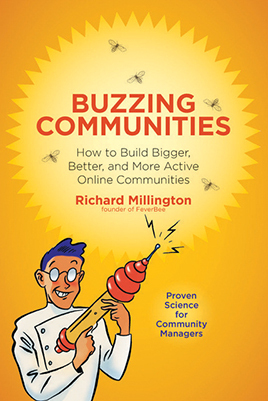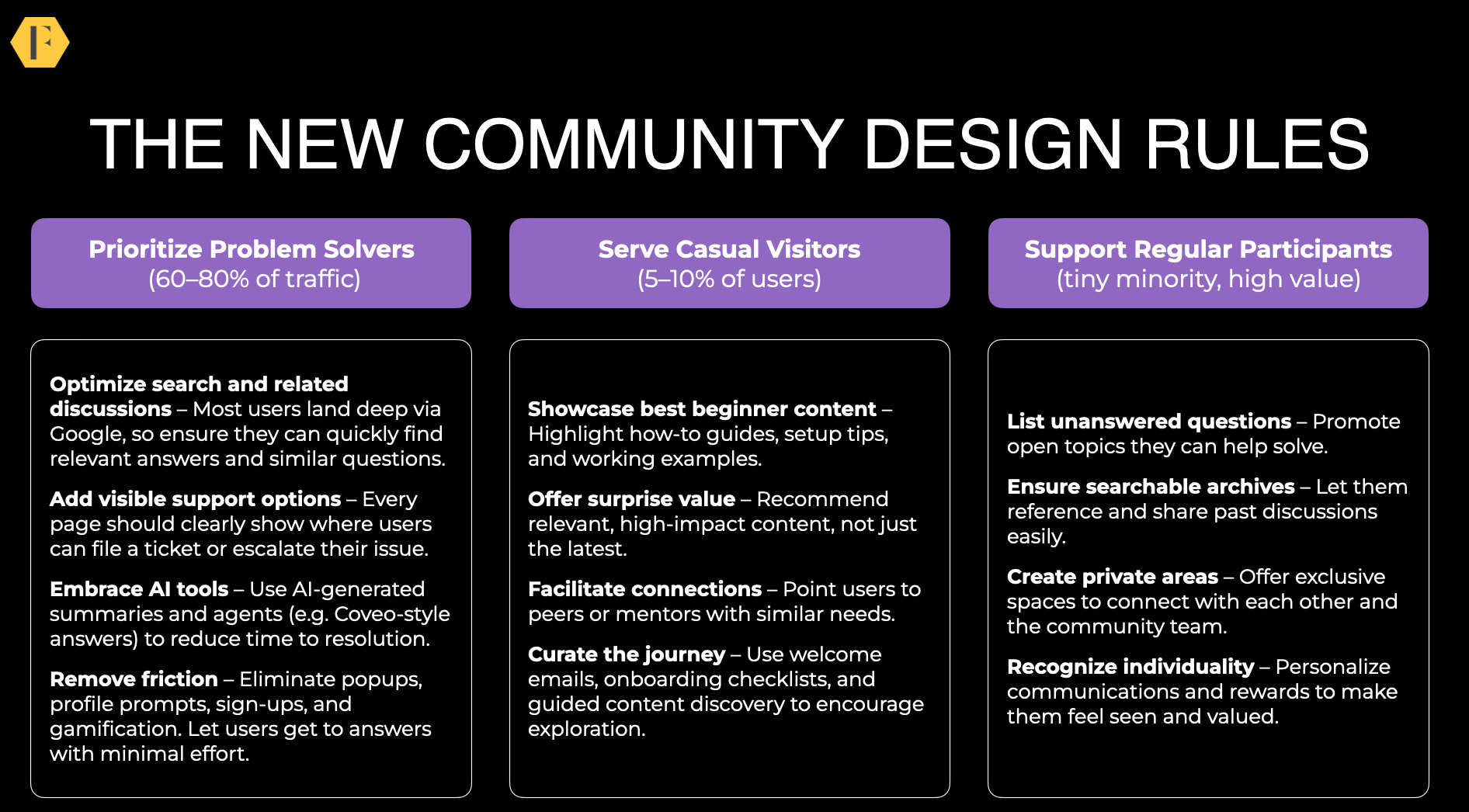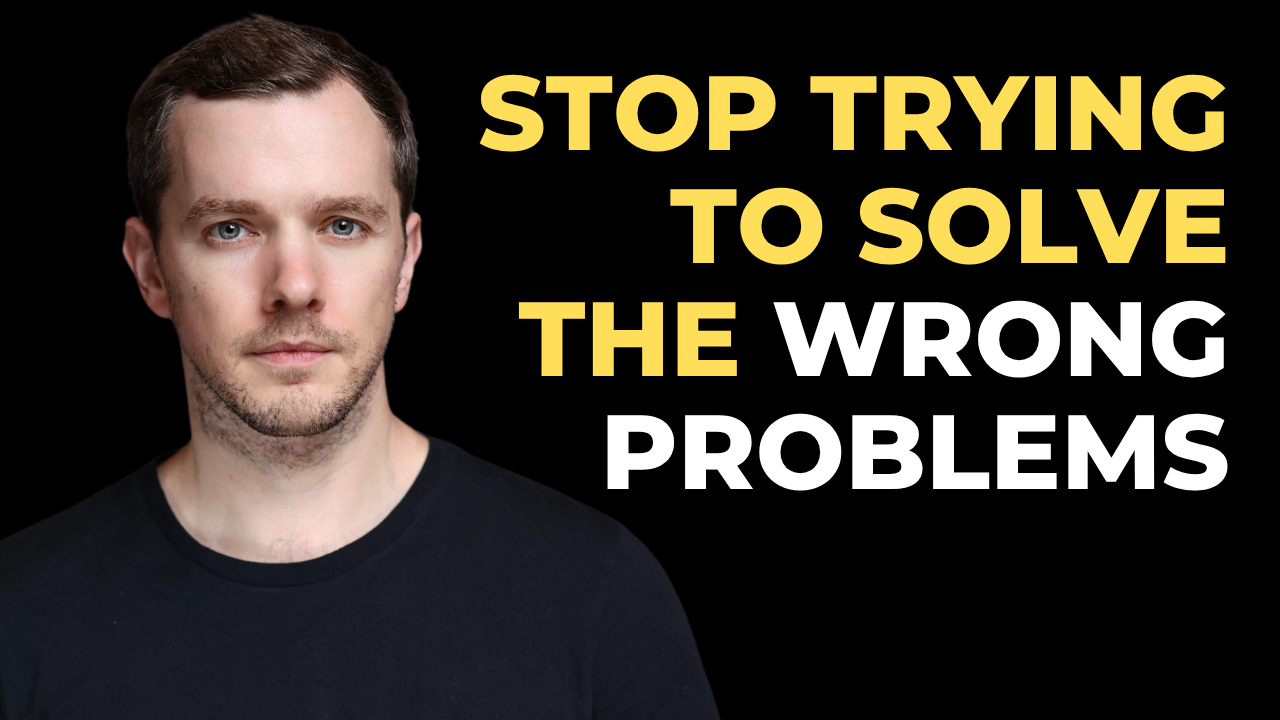Status permeates deep within community building. Asking people who perceive themselves as high status to connect with those they see as low status (even if they don’t admit it) almost always fails. You can have limited success with time-limited engagements which present the individual as a high-status person, but otherwise you’re going to struggle.
A few years ago, I was sitting backstage at a conference waiting to give my talk. Fellow speakers in the room included Presidents, CEOs, and CMOs of known technology companies.
One speaker, having just preached the values of community onstage, asked our host how to sneak out the back without being seen.
Slapping a community label on an activity doesn’t disguise underlying social dynamics. People who perceive themselves as high status – even the most fervent believers in community – still aren’t keen to connect with community members they perceive as low status.
Part of this is understandable. Had the speaker tried to exit through the main foyer, the speaker would likely have had to engage with a large number of people who wanted something (answers to questions, pitch an idea, help with a specific feature of their product, validation by association etc…).
It’s feasible the speaker might have found someone who would have solved an urgent problem or become a lifelong friend. But the odds are low and the immediate pain too high. So the speaker slipped out the back.
I’m seeing many well-intentioned community initiatives fail because they ignore, rather than embrace, status.
Both the high status and low-status group still crave community.
But one group craves a community that offers privacy, intimacy, and an environment that reflects their status (luxury). They want a small number of strong ties with people like themselves. (hint: this probably won’t happen in a discussion forum). The other wants connections, purpose, and opportunities to grow. They want a large number of weaker connections.
Whether you like it or not, status permeates through all community work. A message (ghostwritten) from the CEO will have a far bigger impact on industry experts than the same message sent by a junior community manager. It’s impossible to even build a community in some sectors unless the founder is perceived as high status.
As you begin developing your community skills, you should become increasingly better at engaging people how they desire to be engaged, a desire based upon their perceived status.





